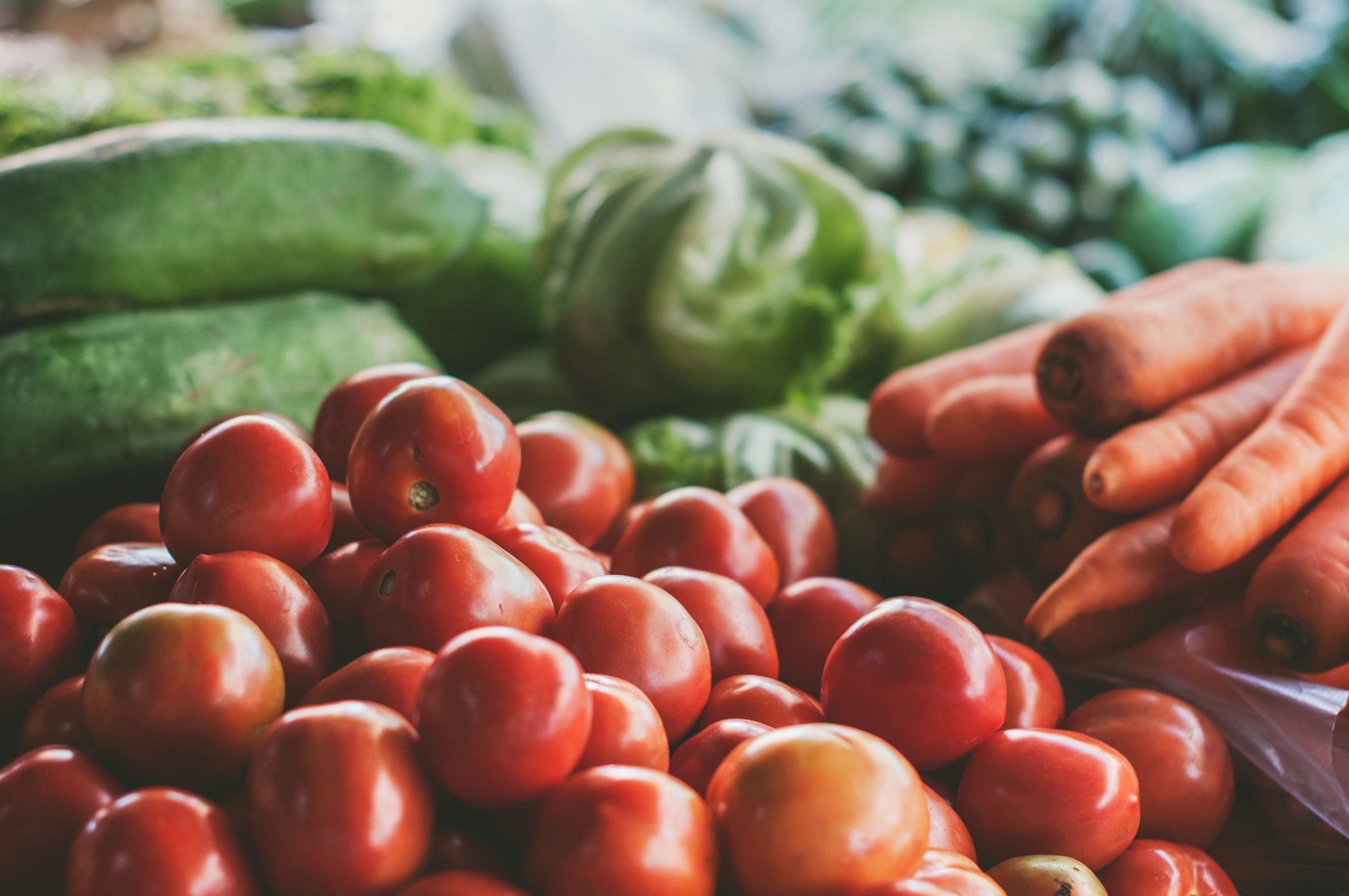
You undoubtedly have noticed that groceries have gotten steadily more expensive over the last few years. Now, more than ever, it is important to store your fresh foods correctly so you can reduce or eliminate food waste.
To store vegetables and keep them fresh longer, follow these tips:
Refrigeration
-Leafy Greens: Rinse, wrap in a paper towel, and refrigerate in a container or sealed plastic bag.
-Asparagus: Store in the fridge, keeping the stalks moist by wrapping them with a damp paper towel or storing the stalks upright in a bowl or glass of cold water.
-Most Vegetables: Store in a plastic bag or container in the crisper of your fridge.
-Mushrooms: Best stored in a paper bag.
-Brussels Sprouts, Cauliflower, Carrots, Parsnips, Turnips, Beets, Radishes: Store in a plastic produce bag and refrigerate.
Room Temperature
-Onions, Shallots, Garlic, Hard Squash, Potatoes.
General Tips
-Moisture Control: Use paper towels to absorb moisture and promote air flow.
-Separation from Fruits: Store vegetables in a different part of the fridge than fruit to prevent them from ripening too fast.
-Avoid Light: Keep vegetables in a dark place to prevent sprouting.
-Temperature: Maintain an ideal temperature for storage, such as between 50 and 70°F for a pantry.
To store fruits and keep them fresh longer, consider the following tips:
Refrigeration
-Most Fruits: Store in their original packaging in the crisper of your fridge.
-Citrus Fruits: Store on the countertop for up to a week or refrigerate loose for longer storage.
-Berries: Rinse with a mix of vinegar and water, then dry thoroughly before refrigerating to disinfect against mold and extend shelf life.
Room Temperature
-Apples, Avocados, Bananas, Kiwi, Mangoes, Melons, Nectarines, Papaya, Peaches, Pears, Pineapples, Plums: Ripen on the counter, then store in the fridge once ripe.
-Onions, Garlic: Store in a cool, dark place like a pantry or cupboard.
General Tips
-Moisture Control: Ensure fruits are thoroughly dry before storing to prevent spoilage.
-Separation from Ethylene Producers: Store ethylene-sensitive fruits away from ethylene-producing fruits to prevent premature ripening.
-Citrus Fruits: Store on the countertop for easy access, or refrigerate for longer storage.